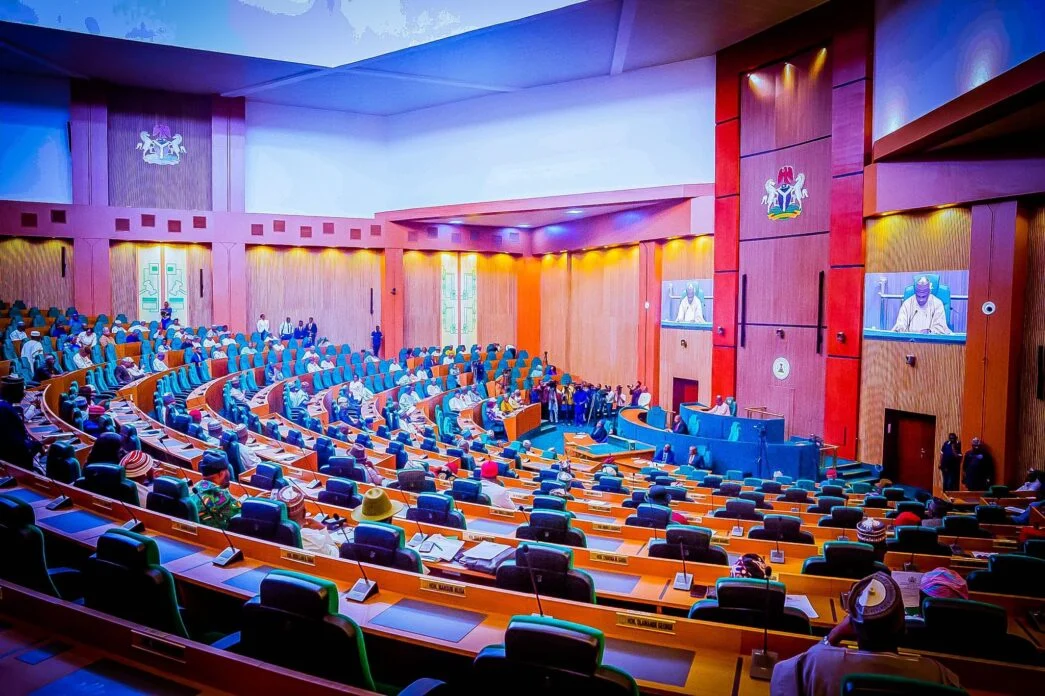The House of Representatives has mandated its Committee on Aids, Loans, and Debt Management to carry out a comprehensive audit and oversight of all loans obtained by the federal and state governments since the inception of the current democratic dispensation which stood at N121.67 trillion.
The committee is to report within four weeks for further legislative action.
This followed the adoption of a motion moved by Rep. Lanre Okunlola at the plenary on Thursday titled, “Need to Ensure Public Debt Oversight on the Federal and State Governments Loans and Proper Utilization of Borrowed Fund”.
Presenting the motion, he quoted the data recently released by the Debt Management Office (DMO) as of March 31, 2024 on Nigeria’s public debt profile, which includes both external and domestic debt.
- It’s shameful Nigeria imports petrol – Governors
- Gov Uba Sani Approves Minimum Wage, To Launch Free Transport Scheme
According to him, the data has shown that the debt has grown significantly over the years and currently stood at N121.67 trillion ($91.46 billion) with loans sourced from both domestic and international lenders by the federal and state governments to fund various projects and budget deficits.
Okunlola said, “Nigeria’s debt rose by N24.33 trillion in three months from N97.34 trillion ($108.23 billion) in December 2023 to N12 1.67 trillion ($91.46 billion), according to the same report.
“Although borrowing is a vital means for financing development, unchecked debt accumulation poses serious risks to Nigeria’s fiscal stability and future economic growth.
“The 1999 constitution of the Federal Republic of Nigeria as amended, the Fiscal Responsibility Act (2007), and the Debt Management Office Establishment Act (2003) mandates the National Assembly to approve all government loans and ensure their proper utilization.
“Over 40% of developing countries, including Nigeria, currently spend more on debt services and repayments of loans, leading to inefficiencies in government finances at the expense of funding critical sectors of the economy such as education, healthcare, infrastructure, and social policy”.
The lawmaker lamented that there were growing concerns regarding the lack of proper oversight and transparency in the management and utilisation of borrowed funds by both the federal and state governments.

 Join Daily Trust WhatsApp Community For Quick Access To News and Happenings Around You.
Join Daily Trust WhatsApp Community For Quick Access To News and Happenings Around You.


